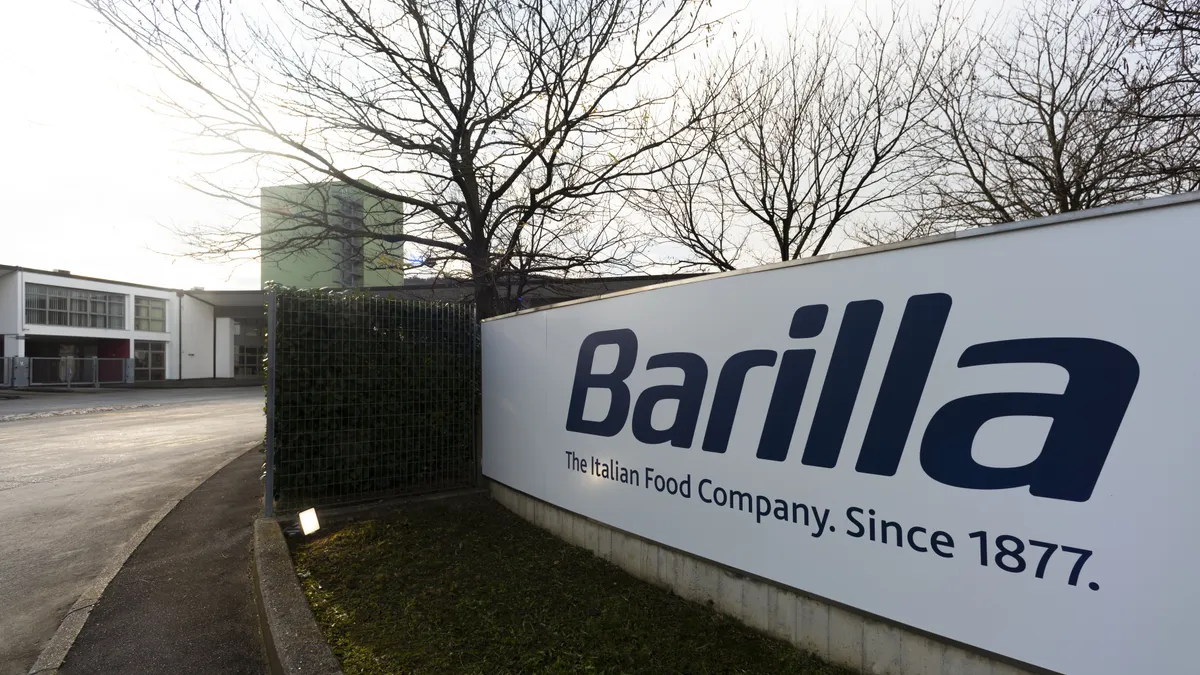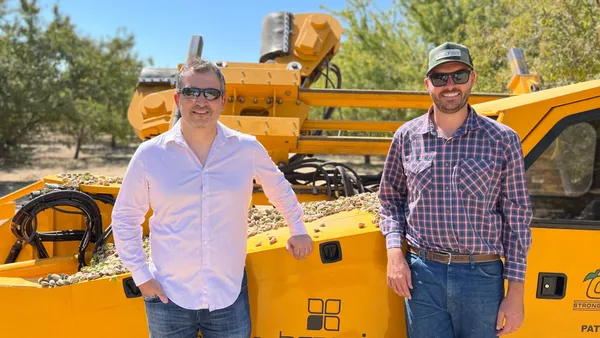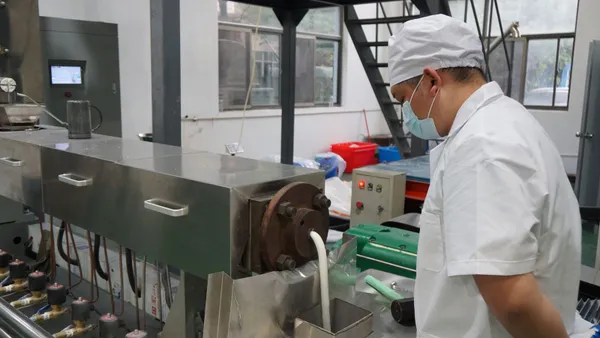Dive Brief:
- Barilla is working with more than 9,000 farms on sustainable and regenerative agriculture projects, according to a press release Monday.
- As part of its efforts to reduce scope 3 emissions, the company said it has been advising farms on sustainable practices, advancing regenerative agriculture projects and investing in precision agriculture tools for farmers.
- Barilla said in its 2022 sustainability report that 67% of strategic raw materials were purchased in accordance with its responsible sourcing guidelines, down from 70% in 2021. The decline was largely driven by a "drastic drop" in certified sunflower oil due to the war in Ukraine.
Dive Insight:
Economic uncertainty, geopolitical instability and the effects of climate change have hamstrung companies' sustainability efforts over the past few years.
For Barilla, the war in Ukraine "forced the company to change supply chains," making it harder to adhere to corporate responsibility guidelines. Although sustainability parameters did not change, the world’s largest pasta maker said it could not 100% certify whether sunflower oil was produced through the company's sustainable agriculture code.
Beyond sunflower oil, Barilla also had to compromise on its purchasing commitments for durum wheat, which makes up the majority of the company's raw material emissions. Barilla prioritizes durum wheat near its factories and mills in Italy, but severe drought decimated production last year and pushed the country to call a state of emergency.
Barilla maintains a code of sustainable agriculture, in addition to four charters governing production practices for raw materials including durum wheat, basil and common wheat flour. It's also invested in technologies to help farmers manage fertilizer application and monitor cultivation risks.
"This is the only certainty we have before us: a great deal of passions and still so much work to do," Paolo Barilla, vice president of Barilla Group, said in a statement.











